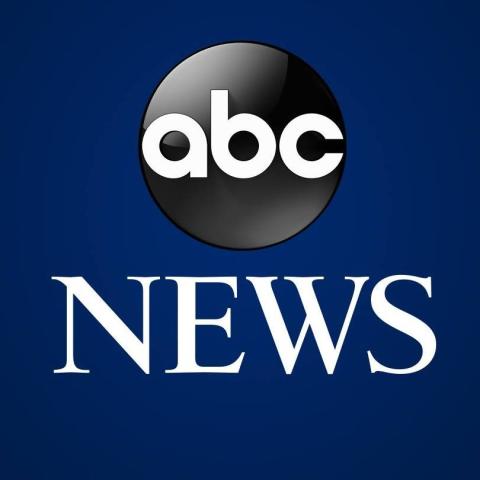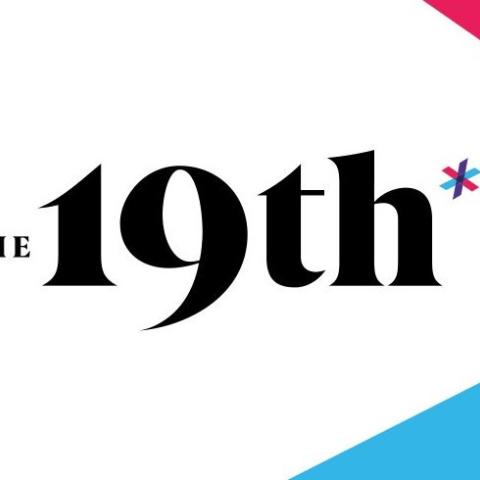Press Releases
Stay Informed with CAWP News
For interview requests with CAWP experts, queries about our research and data, or to be added to our press list, please contact CAWP communications staff.
Newsletter
CAWP's biweekly newsletter keeps you updated on the latest data and research on women's political representation as well as opportunities to deepen your own political involvement through our events, programs, and trainings.
CAWP in the News
CAWP data, research, and expert analysis is relied upon by state, national, and international media to provide insight into women's place in American democracy.















